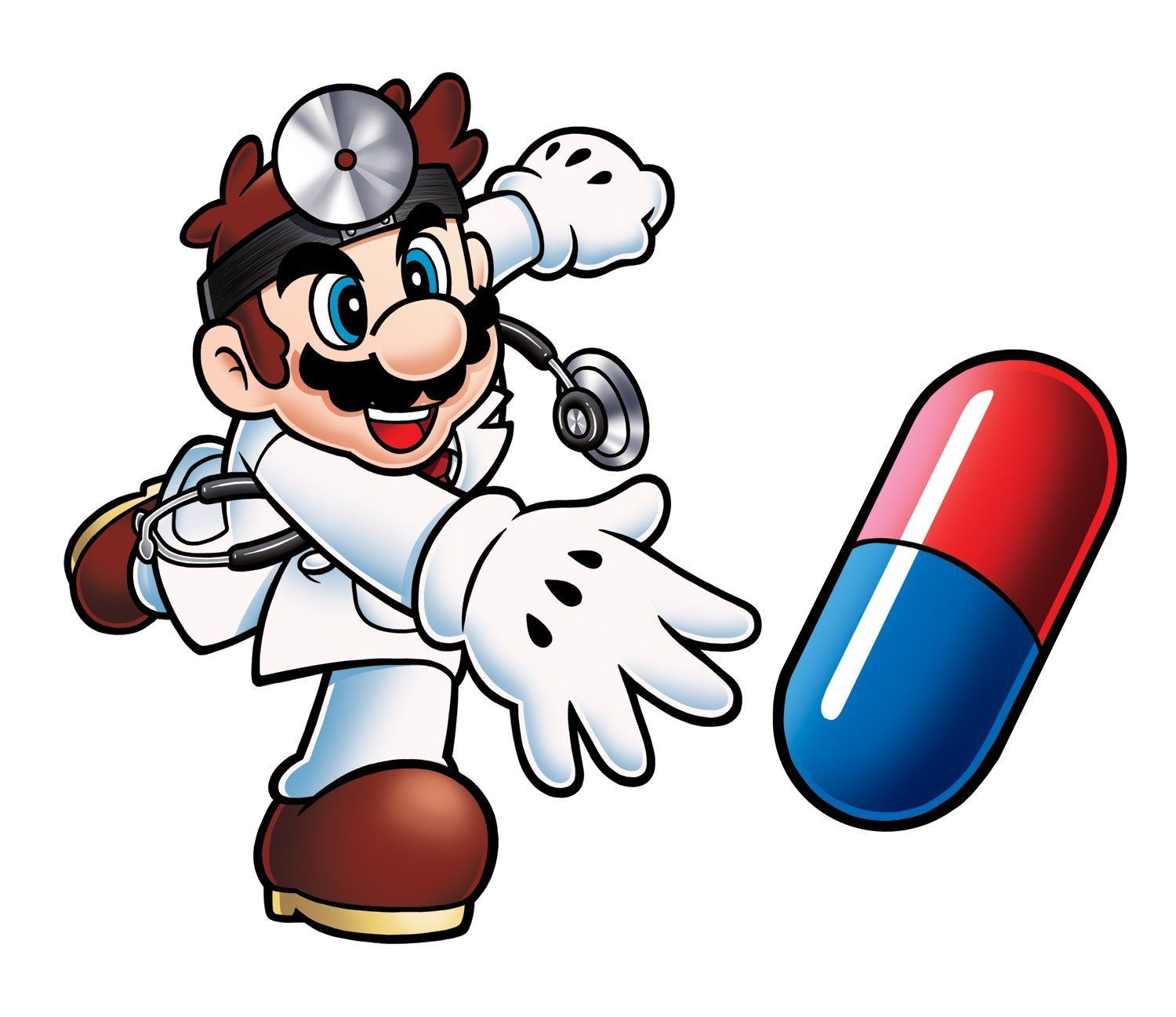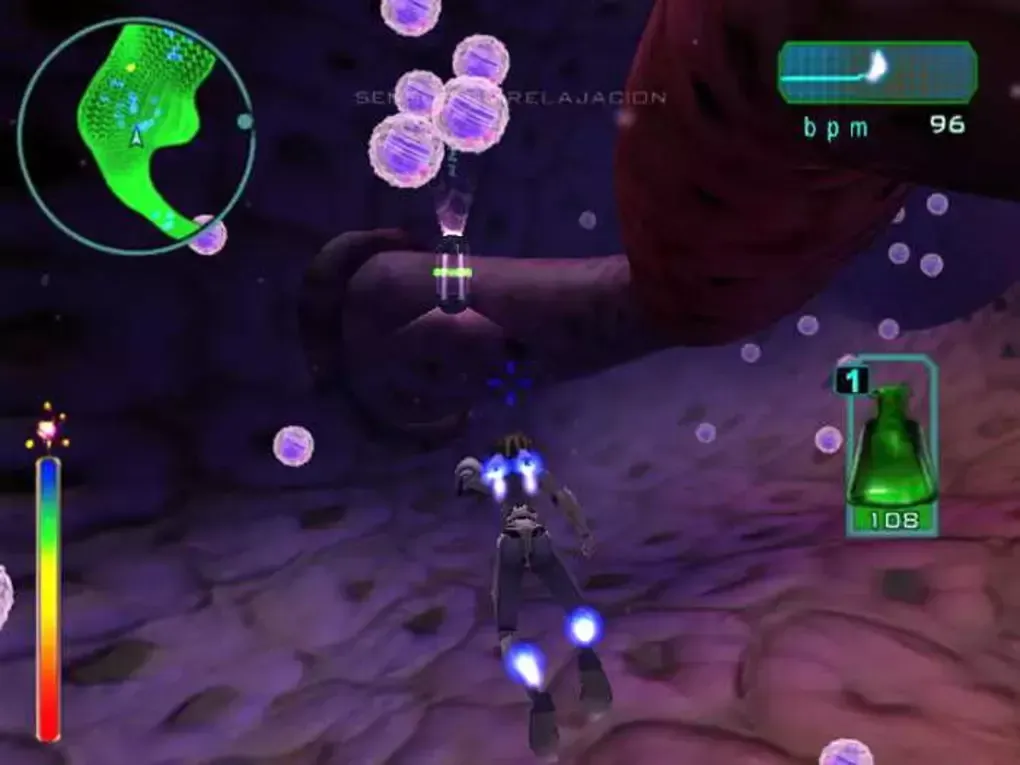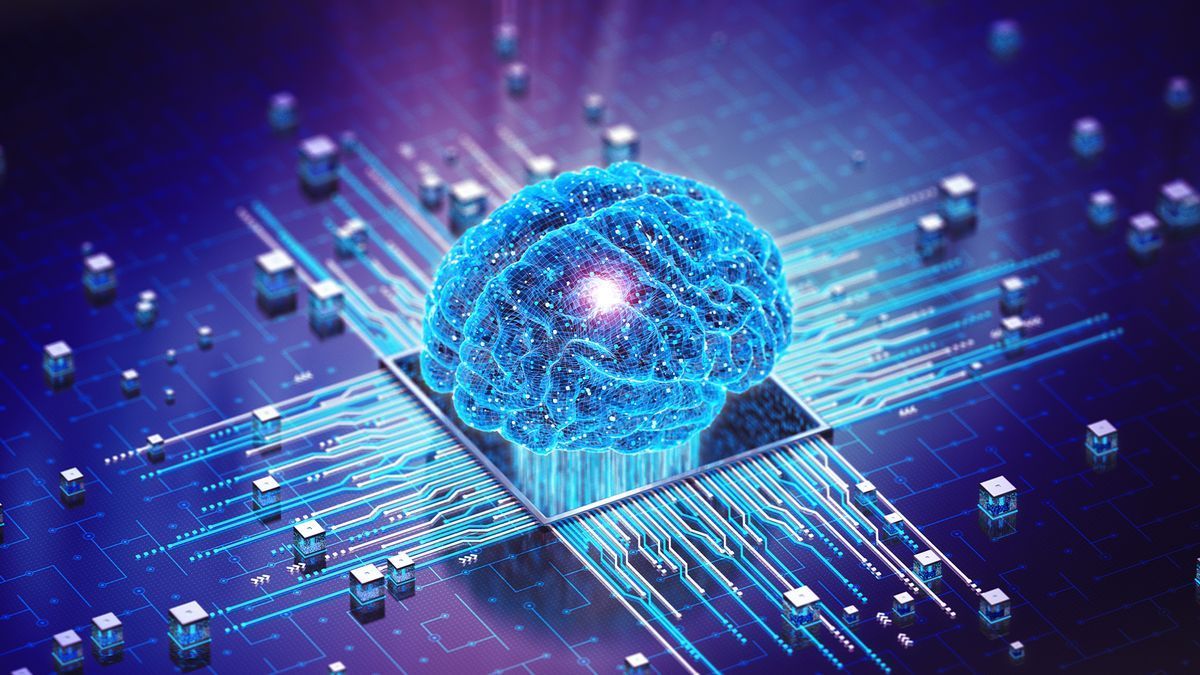
The allure and frequency of doctors prescribing – whether officially or informally – video games as medicine have certainly increased.
Long considered entertainment and a “time killer,” the evolution of games in both subject matter and realism positions the medium perfectly to help those with a number of mental health conditions.
These include depression, anxiety and post-traumatic stress disorder, to name a few.
The reason, of course, is extensive studies that have concluded that video games as medicine does indeed have therapeutic benefits.
Although there are social benefits to playing games that are mostly online, in this article, we will dig instead into video games as medicine to handle mental health conditions by looking at several specific examples.
SPARX
We start our video games as medicine tour with a game whose name is an acronym that really tells it all: Smart, Positive, Active, Realistic, X-factor Thoughts. This cognitive-behavioral therapy game released way back in 2013 is a single player adventure meant to help young people with moderate depression, stress or anxiety. Based in a 3D world, the roughly 4-hour game takes the player through seven realms in a way that really showcases how video games as medicine works. The realms allow for the real application of video games as medicine. Each of the realms presents the player with a specific obstacle to overcome. For instance, the first world sees the player swarmed by “GNATS,” that is, Gloomy Negative Automatic Thoughts. The player must defend against them and learn the level’s lesson.
Re-Mission (and its sequel)
This video games as medicine example has been proven to improve health outcomes for young people with cancer. That’s a bold statement from the folks at HopeLab. The game’s nanobot, Roxxi, travels through the patient’s body with the goal of destroying all cancer cells and infections. The game mechanics help cancer patients remain compliant when it comes to prescribed treatments, a real near-literal interpretation of "video games as medicine." The result is a third-person shooter game in which the player controls a nanobot, killing cancer cells and other infections while reporting symptoms to an in-game doctor. The video games as medicine solution comes in when players are walked through information about cancer treatments and the critical need for compliance.

Ring Fit Adventure
Video games as medicine have a deep impact on physical fitness. There are a number of games like Just Dance and others that promote movement. Ring Fit Adventure for the Nintendo Switch represents the best example. Released in 2019, this adventure game runs you through a fantasy world, requiring squats, jumps, jogging in place and, yes, even sit-ups to make it through the game.

Tetris
The classic video game with a hit Apple TV movie behind it has actually been found to help patients with post-traumatic stress disorder. Oxford University researchers found that playing the puzzler for 10 minutes a day reduced flashbacks in PTSD patients. It’s a new way of seeing video games as medicine, with players getting hands on and tapping into their own cognitive functions to see patterns and shapes.

Video games as medicine has also gone virtual. A VR game designed for burn patients, Snow World distracts players from their injuries while they change dressing and other painful procedures. The goal of the game’s immersive environment, which features snowballs and penguins, helps them forget about their injuries. In the past, this would be done using opioids but that has been lessened now that VR’s penchant for grabbing a player’s full attention has come into play.
Video games as medicine has become somewhat normal as the technologies grow and become more sophisticated. As video games become more popular, this trend will continue to expand as more mental and physical health conditions can be addressed using the technology. Video games as medicine has become complementary to traditional medical treatments that help patients feel more in control of their condition.






